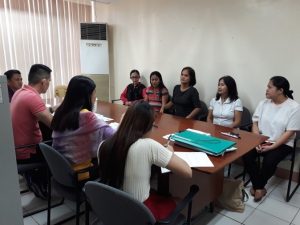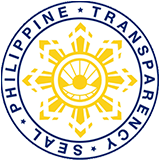The Department of Social Welfare and Development – National Capital Region (DSWD-NCR) starts to conduct interview of applicants who will be hired as Validators and Administrative Aide IV in relation to implementation of Unconditional Cash Transfer (UCT) under the Tax Reform for Acceleration and Inclusion (TRAIN) Law to assess some 62, 843 families in Metro Manila on February 23, 2018 at the DSWD NCR RD’s Conference.
DSWD-NCR Regional Director Vincent Andrew T. Leyson said that the Field Office is in need of skilled, competent and socially responsible individuals to fill up vacant positions of 210 Validators and 17 Administrative Aide IV.
Validators must have completed at least two (2) years of College Education or its equivalent has excellent communication and writing skills and preferably with experience in the conduct of household assessment or similar projects/activities related. They should also be self-propelling and highly-motivated. These field staff will undergo thorough training to capacitate them in the implementation of the project.
On the other hand, Administrative Aide IV staff are expected to complete at least two (2) years of College Education. They are expected to maintain confidentiality of all documents, information and other matters related to the project.
The hired staff will be deployed in different cities and municipality in Metro Manila to validate and update the potentials beneficiaries.
“We want to ensure that the data we will gather are accurate, complete and will remain confidential. Thus, personnel selection and recruitment process for this project is competency-based”, Leyson emphasized.
The Unconditional Cash Transfer Program (UCT) is the biggest tax reform mitigation program under the TRAIN Law. It seeks to provide cash grants to poor households and individuals who may not benefit from the lower income tax rates but may be adversely affected by rising prices.
The National Household Targeting Unit or also known as Listahanan is an information management system that identifies who and where the poor are in the country. ###




